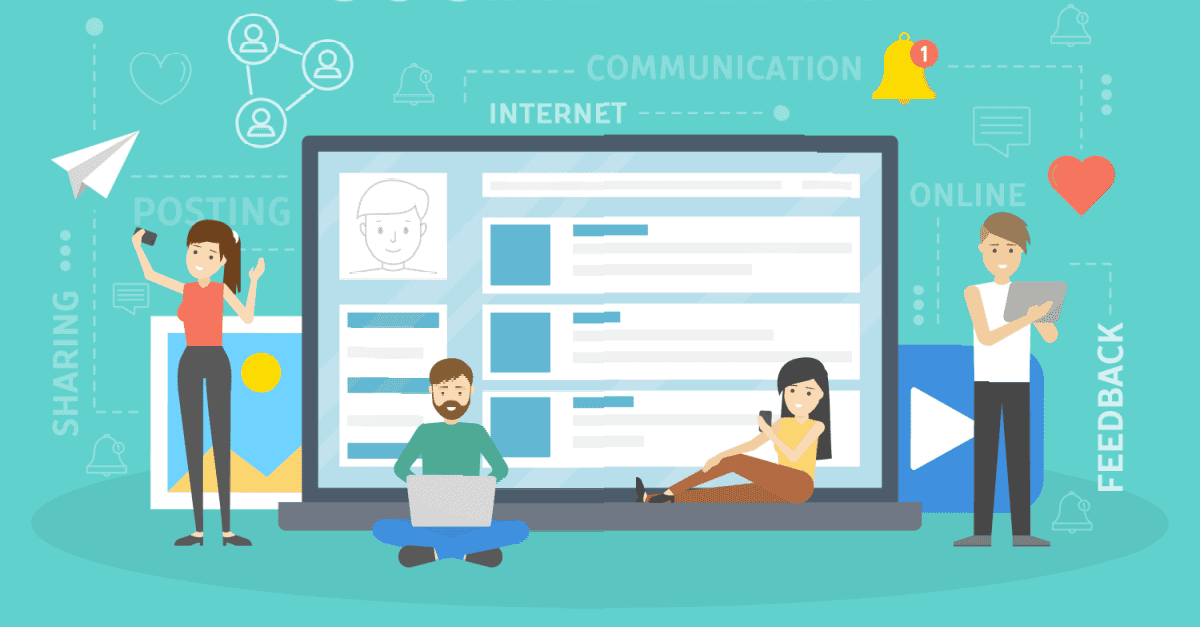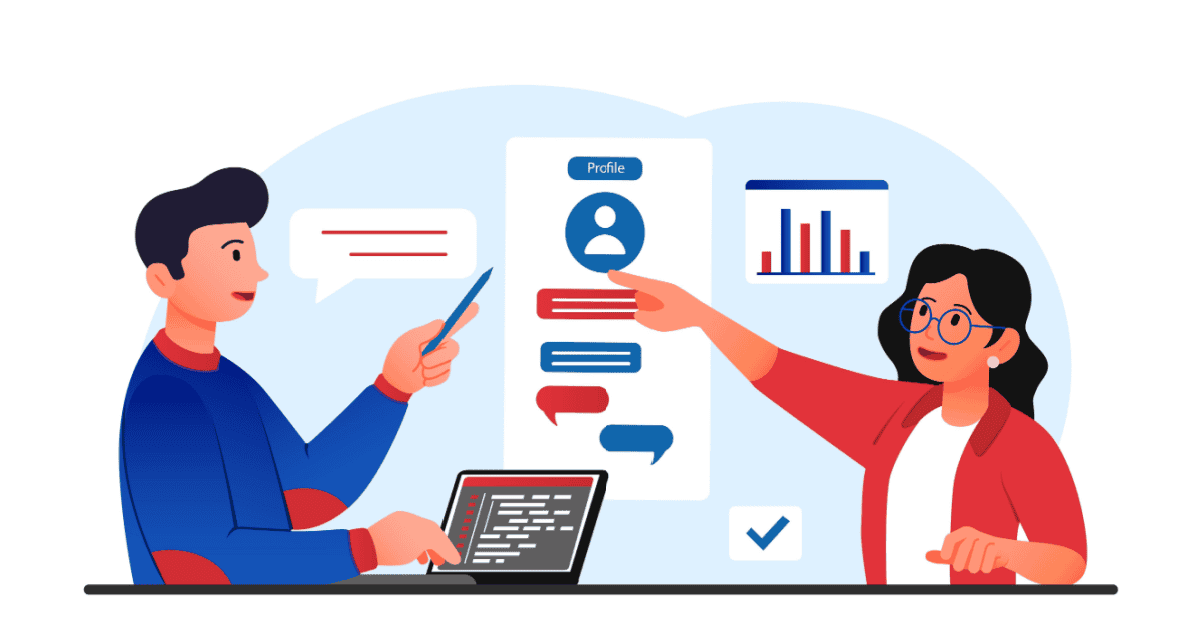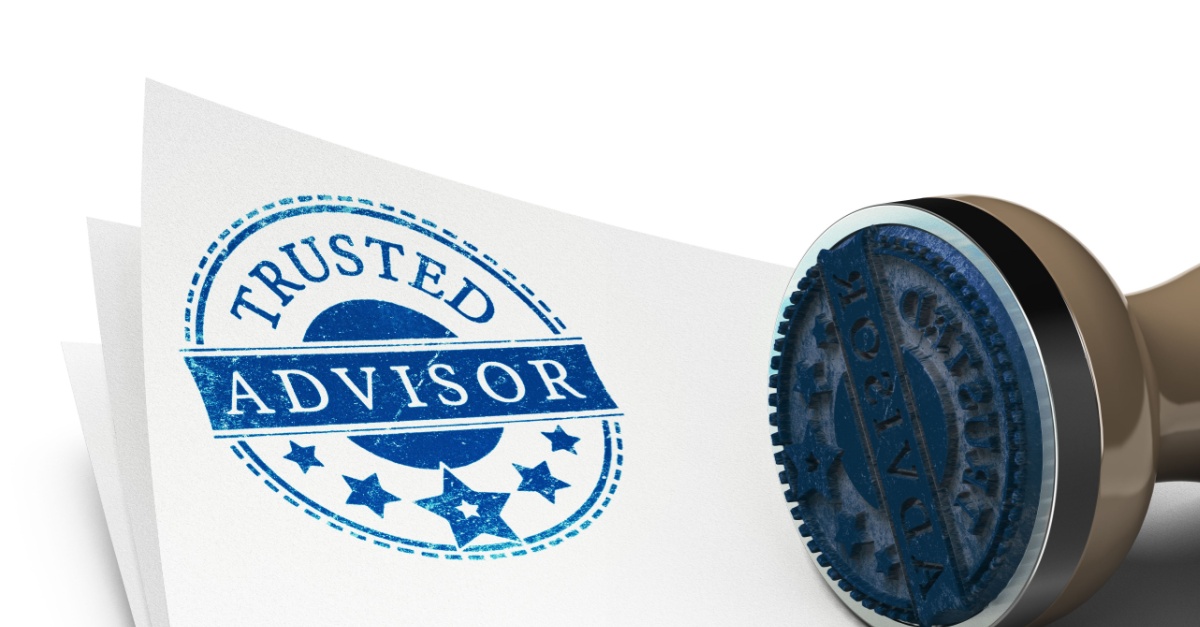
Building Relationships on LinkedIn: Engage, Don’t Pitch feat. Brynne Tillman
Written By: Jeb Blount, Jr.
Podcast: Play in new window | Embed
Subscribe: Apple Podcasts | Spotify | Amazon Music | Pandora | iHeartRadio | Email | RSS
In this episode of The Sales Gravy Podcast, host Jeb Blount Jr. sits down with LinkedIn expert and OutBound speaker Brynne Tillman to discuss the keys to leveraging LinkedIn for sales success.
Brynne shares essential information on avoiding common mistakes like the dreaded “pitch slap,” the importance of personalization over automation, and how to truly engage with prospects on LinkedIn.
Key Takeaways:
– LinkedIn as a Networking Tool: Approach LinkedIn interactions like networking at an event. Your first conversation should not be a pitch but rather meaningful engagement with others’ content, showing genuine interest and adding value.
– The Power of Engagement: Engaging with someone’s content purposefully, by reading and leaving thoughtful comments, is a better strategy than sending unsolicited pitches. It creates a connection by making the interaction about them, not you.
– Avoiding the “Pitch Slap”: Sending unsolicited, impersonal sales pitches (referred to as a “pitch slap”) is ineffective and can be perceived as obnoxious. Personalized, relationship-driven outreach is far more impactful.
– Personalization vs. Automation: When using sales automation, it’s crucial to remain authentic. Don’t try to appear personalized if your outreach is automated. Authenticity in personalization makes a big difference in building genuine connections.
– The Importance of OutBound Conference: OutBound is a key event for sales professionals, offering insights into improving pipeline productivity and performance. It’s described as a must-attend for those wanting a competitive edge in sales.
– Sales Gravy University Resources: Sales Gravy University offers valuable courses, taught by top experts like Brynne, providing resources to improve skills in sales and LinkedIn prospecting.
Avoiding Common Mistakes on LinkedIn
LinkedIn is a powerful platform for sales professionals, but many people miss its potential by using the wrong approach. While it can seem like a place to make a quick pitch, the real strength of LinkedIn lies in how it mirrors a networking event. Building relationships and establishing trust are far more valuable than rushing to sell.
LinkedIn is Like a Networking Event
When thinking about LinkedIn, it’s important to compare it to how you act at a networking event. At an event, your first conversation with someone isn’t about immediately selling a product or service. Instead, it’s about making connections, learning about the other person, and finding common ground.
This same concept applies to LinkedIn. The first step should be to engage with someone’s content in a meaningful way. By commenting mindfully on their posts, you show interest in what they care about. This approach gets you noticed in a more positive light than jumping straight into a pitch.
Engage, Don’t Pitch
A common mistake that salespeople make on LinkedIn is pitching too early. Sending a message that dives right into selling feels impersonal and can be easily ignored. However, if you take the time to engage with someone’s posts by leaving thoughtful comments, you build a connection. These comments should clearly relate to the content, showing that you took the time to read and understand it. This makes your interactions feel more genuine and builds trust over time.
For instance, instead of sending a cold pitch, you should be liking their posts and sharing insightful comments about them. This can make a huge difference. Over time, these kinds of interactions can naturally lead to a conversation about sales without feeling forced.
Avoid the “Pitch Slap”
One of the most disliked tactics on LinkedIn is what’s known as the “pitch slap”—a sudden, unsolicited sales message that appears right after connecting with someone. This method often leads to frustration. People receiving these messages view them as intrusive and, in most cases, simply delete them.
Many professionals on LinkedIn experience this kind of message frequently. Instead of helping, it hurts the chances of building a productive relationship. It’s essential to remember that LinkedIn is not just another sales platform but a community. Being patient and building a connection first can have a lasting impact on your sales prospects.
Personalization Over Automation
Another issue in modern sales is finding the balance between automation and personalization. While sales tools can help save time, they shouldn’t take away the personal touch. Automated messages often lack the authenticity needed to build trust.
Personalized outreach, on the other hand, shows that you’ve done your homework. Instead of sending a generic message, a personalized one reflects that you’ve taken the time to learn about the person you’re reaching out to. This approach is far more effective in generating interest and meaningful responses.
Building Authentic Relationships on LinkedIn
LinkedIn offers a unique opportunity to connect with prospects in a way that feels more natural and less sales-focused. By treating LinkedIn like a networking event, avoiding hard pitches, and focusing on genuine engagement, sales professionals can build better relationships. Avoiding the common mistakes of “pitch slapping” and focusing on personalized interactions instead of automation can go a long way in increasing success on the platform.
A Salesperson’s Resource: The OutBound Conference
For sales professionals looking to improve their skills, conferences like OutBound offer valuable insights. OutBound is described as one of the top events for salespeople who want to get better at pipeline productivity, performance, and prospecting. It brings together industry experts who share strategies and tips to improve sales tactics.
Attending events like these helps salespeople stay ahead of trends and sharpen their skills. If you’re serious about improving in sales, conferences and resources like Sales Gravy University offer courses that can further develop your abilities in areas like LinkedIn selling.
Explore Brynne Tillman’s courses on Sales Gravy University to master your social selling so you can sell more.
About the author
Jeb Blount, Jr.
Jeb Blount, Jr. is a graduate of Berry College with a degree in Political…
Get FREE Sales Training Delivered to Your Inbox
Join more than 360,000 professionals who get our weekly newsletter.
Related Articles

Learn Online
Self-paced courses from the
world's top sales experts

Virtual Training
Live, interactive instruction in small
groups with master trainers

Coaching
One-to-one personalized coaching
focused on your unique situation






